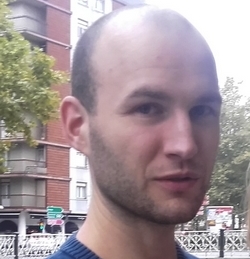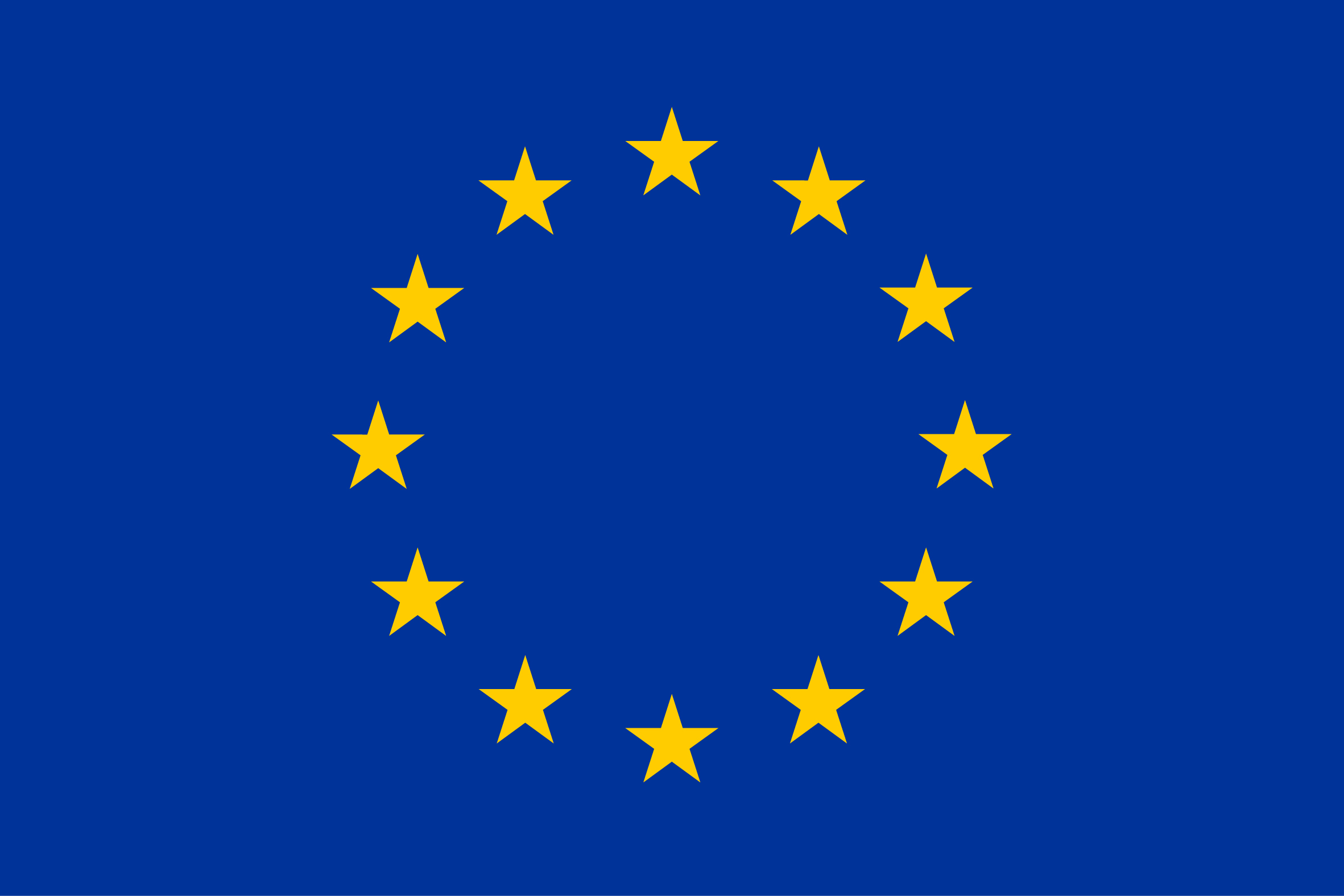In the same section
-
Share this page
MSCA research project "DYSTRACK"
Brain-speech tracking in noisy conditions: towards the identification and remediation of dyslexia

Faculty of Psychology and Education
Dyslexia is a developmental disorder that affects 5 to 12% of children and young adults. Those affected by this language disorder have specific difficulties that are not related to vision problems or low intelligence. Most have trouble perceiving the sounds involved in speech, especially in a noisy environment.
The goal of the Marie Skłodowska-Curie ‘DYSTRACK’ project, led by Mathieu Bourguignon, is to better understand the processes involved in treating oral comprehension against a noisy background, in order to develop new methods to identify dyslexia and treat it at a lower cost. Mathieu Bourguignon will join the team of Jacqueline Leybaert (CRCN, ULB Neuroscience Institute) and Xavier De Tiège (LCFC, ULB Neuroscience Institute, Faculty of Medicine). He will place children in environments with varying levels of background noise and visual stimuli, and determine to what extent their cortical activity can predict their reading ability. This will be made possible with magnetoencephalography (MEG) recordings, a technique only available in Hôpital Erasme in Belgium, and using cutting edge signal analysis processes.
The team will also attempt to determine whether neurofeedback can help participants get into a mental state conducive to speech therapy. The experiments will be conducted on adults first, then similar experiments will be extended to children if the results are promising.
End of the project: 30/09/2019
 This project has received funding from the European Union’s Horizon 2020 research and innovation programme under the Marie Skłodowska-Curie grant agreement No 743562
This project has received funding from the European Union’s Horizon 2020 research and innovation programme under the Marie Skłodowska-Curie grant agreement No 743562